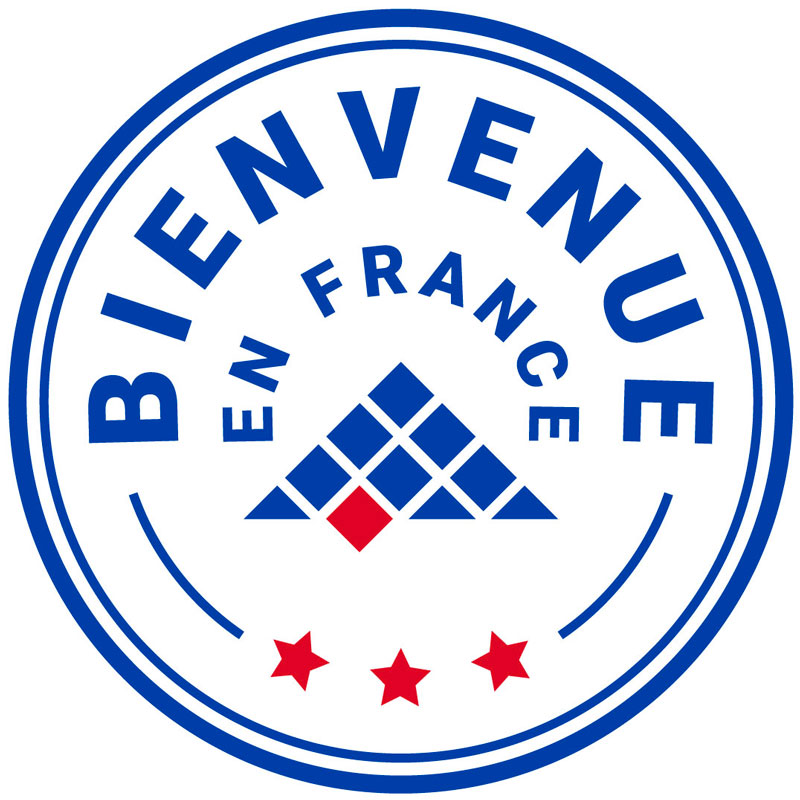Master's degree Instrumentation, Measures and Metrology Programme Electronics, Photonics and Applications
This programme is taught in French.
field(s) of training :
Science, Technology, Health
diploma level :
Master's degree (five-year degree)
duration of the program :
2 years
location(s) :
Caen
Course overview
To each science its specific measures and instrumentation. You are interested in electronics and photonics? With the master’s degree in Instrumentation, Measures and Metrology, you will specialise in the fields of Electronics, Photonics, and Applications, from using a sensor to analyse the results.
This two-year full-time programme encompasses the study of signals, both analogical and digital (from the choice of the signals to their processing, including its conditioning), and of the industrial internet of things. Hence you will be able to work in any industry linked to electronics and photonics.
Welcoming international students
Since 2019, the University of Caen Normandy has been awarded the "Bienvenue en France" label by Campus France, highlighting the quality of the university's welcome for international students.
Application requirements
Entry requirements
To enter this course, you should graduate from a programme in
- Engineering
- Physics
- Electronics, electric energy and control engineering
Language proficiency requirements
Minimum French proficiency level required: C1
Specific conditions
If you attend are in Year 3 of an engineering programme, such as programmes in Physics Engineering and Embedded Systems at the ENSICAEN or Mechatronics and Embedded Systems at the ESIX, you can attend courses of the master's in Instrumentation, Measures and Metrology. To put it simply, you can choose between 50 and 70 contact hours taught in Year 2 of the master's and specialised in metrology, instrumentation for photonics, or electronics, electric energy or automation. By the end of this degree-seeking option, you will obtain an acknowledged specialisation in Instrumentation, Measures and Metrology.
Apply and register
The registration process takes place in 3 steps:
Application process
Admission and registration requirements may vary depending on your nationality, country of residence, foreign secondary school leaving certificate, and the nature of your programme of study. Discover how to apply to the University of Caen Normandy.
Course structure
Courses
- Take place on campus 2 (Caen) in the Faculty of Sciences of the University of Caen Normandy
- Amount to 700 hours per year, around 20 hours per week
- Are completed a compulsory internship
Course units
The course units of the Instrumentation, Measures and Metrology specialise progressively. In Year 1, course units are focus on fundamentals:
- Applied metrology
- Electronics, electric energy and control engineering (sensors, measuring chains, microwaves…)
- Optics (lasers, optoelectronics)
- Signal and data processing
- Sustainable engineering
Depending on your choice, you can follow complementary course units in optics or in electronics.
In Year 2, course units are advanced in
- Metrology (quality, norms, cybersecurity)
- Instrumentation
- Signal modulation and conditioning
- Industrial Internet of Things communication
- Sensors and optical imagery
- Photonics
Besides, during the 2 years of the programme, you will attend transversal courses units to acquire useful skills whatever your choice of careers:
- English
- Conferences supervised by professional partners
- Supervised project in groups of 3 to 5 students
- Research methods
- Internship (5 months)
Internships and placements
The master’s degree in Instrumentation, Measures and Metrology includes a compulsory internship during the 2nd semester of the 2nd year (semester 4). The internship lasts 5 months and will be evaluated through a detailed written report and an oral presentation of this report.
Coursework and assessment
The course lasts 2 years and is divided in 4 semesters, each comprising several courses units. Examinations are held at the end of each semester and are graded on a scale from 0 to 20, 20 being the best grade. Grade compensation is organized without eliminatory marks and on the basis of the general average obtained in every course unit:
- Over each semester
- Over the 2 semesters of year 1
The 2 semesters do not compensate each other in year 2.
To successfully complete a semester, you must have an average mark of at least 10 points out of 20. If you have not completed your semester, you can retake the courses units you failed; you do not have to retake the courses in which you have obtained at least 10 points out of 20.
Language of instruction
Français
Learning outcome
By the end of this course, you will be able to
- Support change in the professional environment
- Use advanced and specialised digital tools
- Develop and implement highly specialised knowledge
- Share knowledge through highly specialised communication
- Master highly-specialised skills in instrumentation, measurement and metrology for electronics and photonics
Further study
Once you’ve obtained your master’s in Instrumentation, Measures and Metrology, you can pursue doctoral studies depending on your research topic.
Careers
With an expertise in Instrumentation, Measures and Metrology, you can pursue various careers, such as:
- Instrumentation or electronics engineer
- Research and development engineer
- Methods and industry engineer
- Industry measures and tests engineer
The master’s programme in Instrumentation, Measures and Metrology will guarantee you opportunities in research and development, laboratories or private companies.
Address
Université de Caen Normandie
UFR des Sciences
Boulevard Maréchal Juin · CS 14032 · 14032 Caen Cedex
France
Course leader
Responsable du master : Bruno Guillet · bruno.guillet@unicaen.fr


